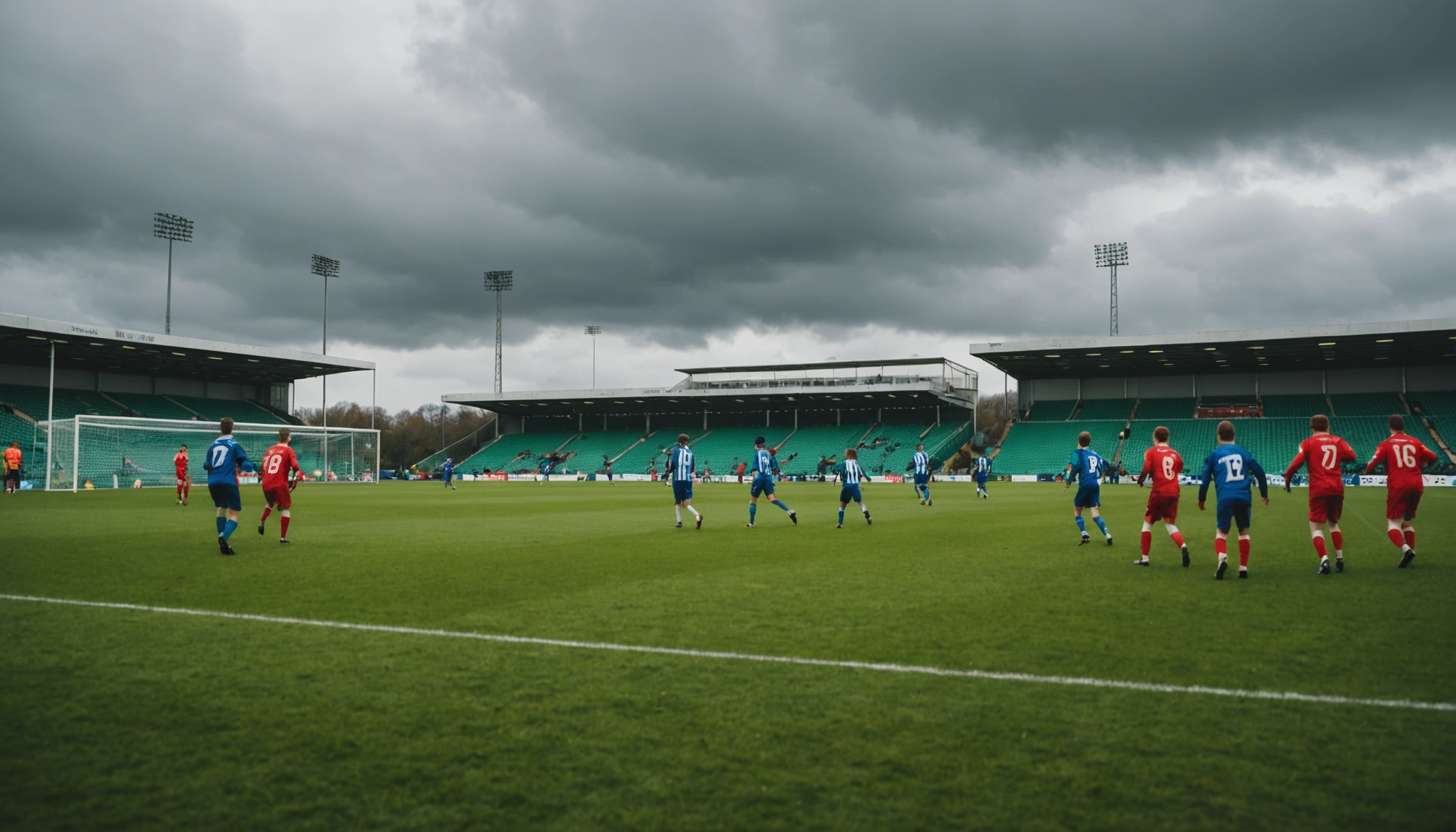Scotland’s promising world cup qualifying start under steve clarke
Scotland begins their World Cup qualifying campaign strongly with four points from two games, boosting hopes of ending a 28-year absence under Steve Clarke.

By Editorial
A confident start for Scotland in world cup qualifying
Scotland have made a promising start to their World Cup qualifying campaign under the management of Steve Clarke. With a hard-fought 0-0 draw against Denmark on the road and a 2-0 victory over Belarus in Hungary, the Scots have secured four points from their first two fixtures. This solid foundation has rekindled hopes among fans and pundits alike of ending the nation’s 28-year absence from football’s biggest stage.
Clarke emphasised that while the start is encouraging, the focus is already shifting to upcoming challenges, particularly the crucial home matches against Greece and Belarus at Hampden Park in October. These fixtures are pivotal in Scotland’s bid to top Group C and secure qualification.
Building confidence through defensive resilience
One of the key takeaways from Scotland’s early performances has been their defensive solidity. Achieving three consecutive clean sheets, including the recent victory over Belarus, highlights the team’s organisation at the back. Goalkeeper Angus Gunn’s reliable presence, making only one meaningful save against Belarus, reinforces this defensive strength.
Steve Clarke has often prioritised a structured defensive approach, which has paid dividends in both European Championship qualifications and now the World Cup qualifiers. The philosophy is clear: keep the opposition at bay and capitalise on scoring opportunities when they arise. Former Scotland captain Scott Brown praised Clarke’s tactical flexibility and squad management, noting how the coach balances defensive discipline with effective counter-attacking.
Key moments that shaped the Belarus win
The 2-0 win over Belarus wasn’t flashy but was professional and clinically executed. Che Adams scored just before half-time, a goal that settled nerves and provided a platform to control the game. Later, a well-crafted move led to an own goal by the Belarus defence, sealing the victory. Playing behind closed doors in Hungary added an unusual atmosphere, but Scotland’s composure remained intact.
Why home games at Hampden are crucial
While Scotland’s away results have been encouraging, the importance of winning home games cannot be overstated. Hampden Park is a fortress where the Tartan Army’s support can inspire the team to crucial victories. The upcoming matches against Greece and Belarus represent opportunities to build on the early momentum.
The Greek team, despite a disappointing 3-0 loss to Denmark in Athens, remains a dangerous adversary. Their recent Nations League play-off performance at Hampden, where they overturned a deficit to win 3-0, serves as a stark reminder of their capability. Players like Christos Tzolis and rising star Konstantinos Karetsas add quality to the Greek squad, ensuring Scotland must remain vigilant.
Preparing for Greece: a tactical challenge
Scotland’s coaching staff are already analysing Greece’s strengths and weaknesses. Maintaining defensive organisation will be key, but so will exploiting the attacking talents of Scotland’s own squad. The blend of experience and youth in Clarke’s team offers tactical options to adapt to Greece’s style.
Fan perspectives on Scotland’s qualifying campaign
Supporters have expressed mixed feelings about the start. Some appreciate the pragmatic, result-focused approach, while others wish for a more attacking style to increase goal margins and secure better goal difference, which could be decisive in tight groups.
- Stuart praised the perfect start of four points from two away games, valuing the results over style.
- Michael called for more attacking ambition, suggesting more substitutions to give younger players experience.
- Geoff underscored the necessity of winning home games to avoid wasted efforts.
- Andrew confidently predicted qualification with three home wins at Hampden.
These perspectives highlight the passionate engagement of the Tartan Army and the high expectations placed on the team.
What the future holds for Scotland’s world cup hopes
Looking ahead, Scotland’s campaign is far from over. The group remains competitive, with Denmark and Greece still posing threats. However, with a solid defensive base, effective squad rotation, and home advantage at Hampden, Scotland are well positioned to challenge for qualification.
Steve Clarke’s measured approach, focusing on structure and key moments, suggests a pragmatic pathway to success. Confidence is growing not just within the squad, but across the fanbase, who are dreaming of seeing their national team back on football’s grandest stage for the first time since 1998.
For more insights on Scotland’s football journey and tactical analysis, visit Sports Scoop for comprehensive coverage.
Actionable takeaways for Scotland fans and analysts
- Defensive strength is vital: Scotland must continue to build on clean sheets as the foundation for success.
- Home advantage is key: Winning at Hampden Park will be crucial in securing qualification.
- Tactical flexibility: Clarke’s ability to adjust formations and personnel will be tested in the coming fixtures.
- Squad depth matters: Managing player fitness and integrating younger talent can maintain momentum.
By focusing on these elements, Scotland can maintain their positive trajectory and keep World Cup qualification firmly within reach.
Related topics
Editorial
Sports expert at SportsScoop
Specialist in sports analysis and journalism
Related articles
Want to read more?
Explore our comprehensive collection of sports articles and analysis, or contact us for more information.



